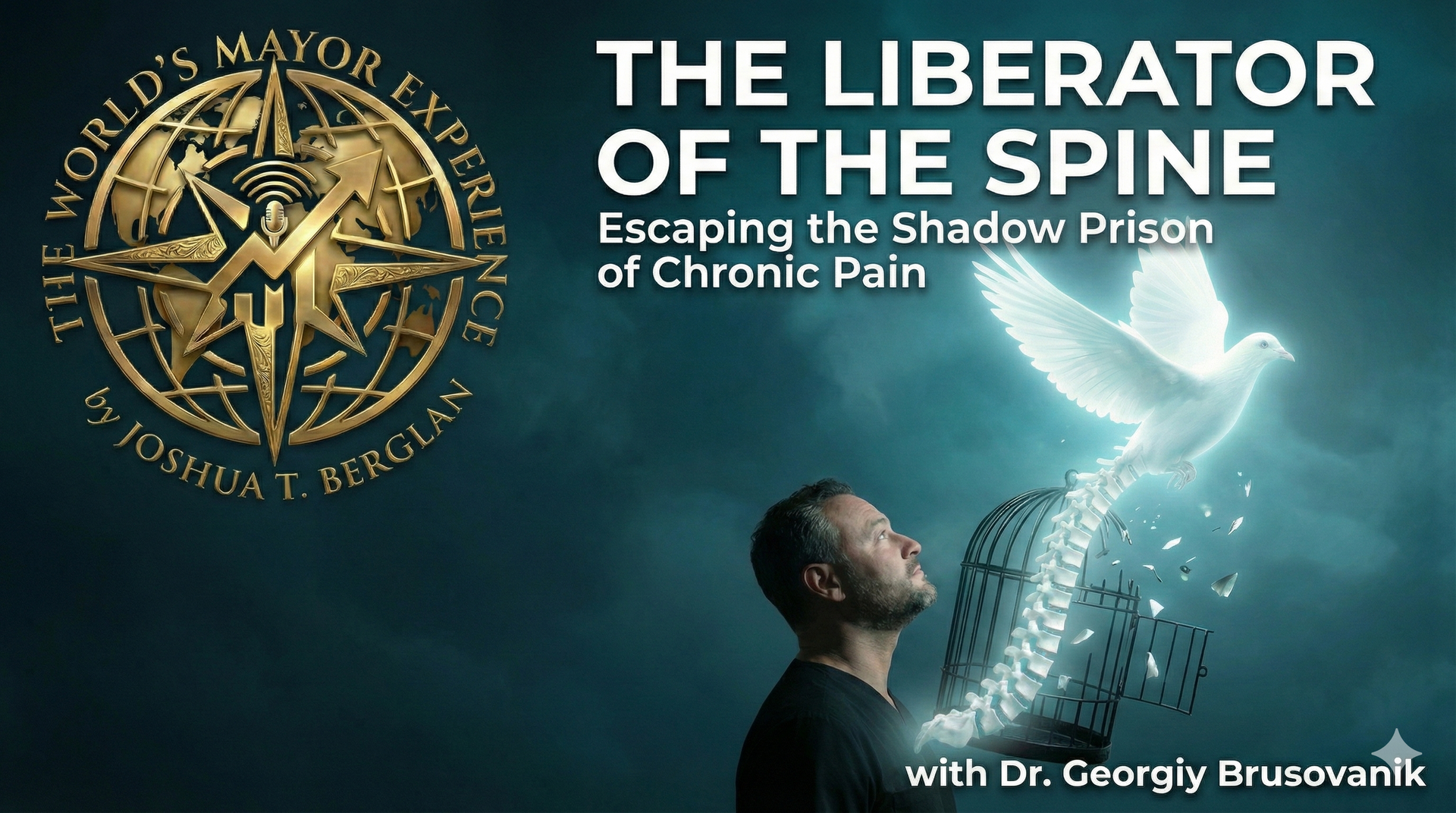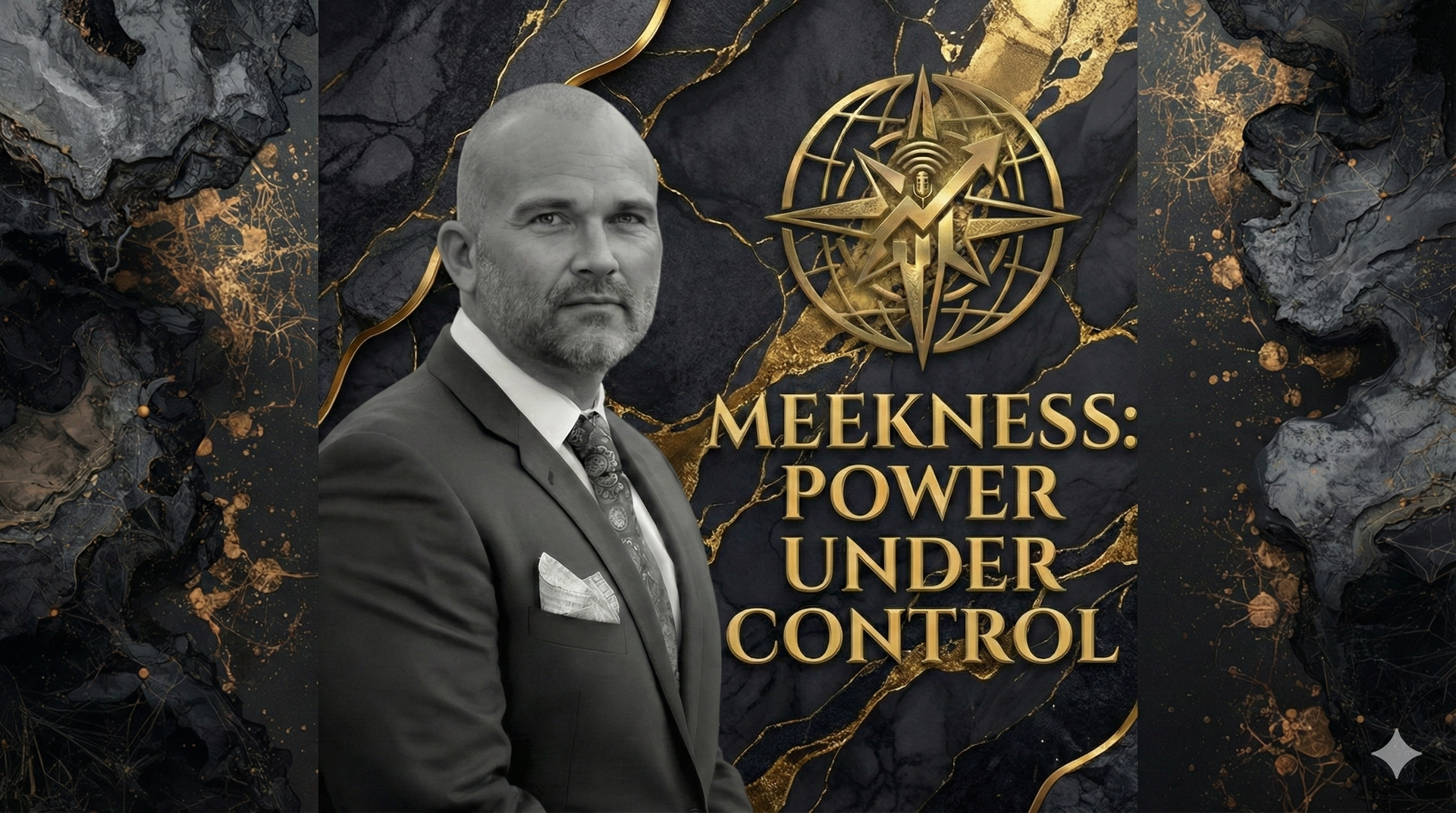In the realm of criminal justice, there exists a complex and often overlooked system known as civil commitment. This process involves the involuntary hospitalization of individuals deemed to pose a danger to themselves or others, primarily those with mental illnesses or a history of sexual offenses. While the intention is treatment, the reality often falls short.
Unveiling Pervasive Injustices
Drawing from firsthand accounts as a former employee at Larned State Hospital in Kansas, therapist Taisa Mick's narrative paints a stark picture. She recounts instances of mistreatment, policy changes that negatively impact residents' rights, and a pervasive culture of fear that prevents staff from speaking up against wrongdoing. The lack of objective criteria for progression within the program further exacerbates the situation, trapping individuals in a cycle of confinement with limited opportunities for rehabilitation.
"We must do better. We must treat these individuals with the same compassion and empathy that we would want for ourselves or our loved ones."
The Human Cost of Neglect
The conversation poignantly highlights the human cost of these injustices. Taisa speaks of the isolation and despair experienced by residents, compounded by the COVID-19 pandemic. She also addresses the sensitive topic of deaths within the facility, raising concerns about the lack of transparency and accountability.
A Call for Empathy and Proper Rehabilitation
At the heart of the discussion lies a call for empathy. Taisa challenges the notion of labeling individuals as predators without evidence, emphasizing the importance of understanding the underlying trauma and history that may contribute to their behavior. Her courage in speaking out serves as a beacon of hope for those who have been silenced and a testament to her commitment to upholding human dignity.




























